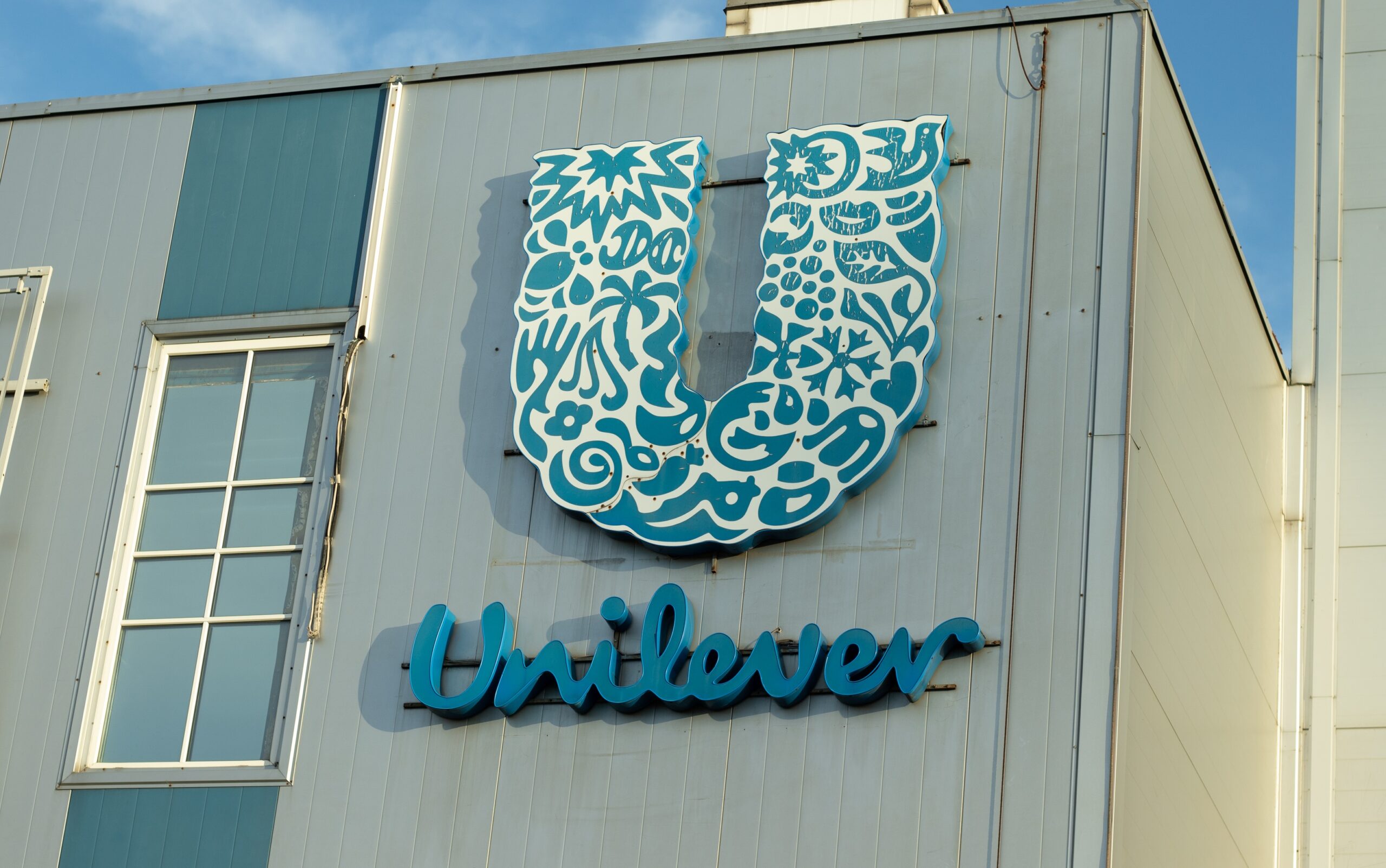
Unilever has reportedly been given the nod of approval by the Kremlin to sell its assets in Russia.
Local Russian publication RBC revealed yesterday (4 September) that the deal, which would see Unilever leave the Russian market, was approved at the end of August by a subcommittee of the government commission.

Discover B2B Marketing That Performs
Combine business intelligence and editorial excellence to reach engaged professionals across 36 leading media platforms.
Unilever’s Russian assets, including its ice-cream brands, have been valued at between Rbs35bn and Rbs40bn ($394m and $449m) by an unnamed RBC source familiar with the matter.
The same source told RBC the buyer “has been identified, but not named”.
Last month, it was reported that the Federal Antimonopoly Service had also approved the deal, according to the local publication.
Unilever could not immediately be reached for comment.

US Tariffs are shifting - will you react or anticipate?
Don’t let policy changes catch you off guard. Stay proactive with real-time data and expert analysis.
By GlobalDataWhen the Ben & Jerry’s ice-cream owner reported its first-half results in July, it said that, as of 30 June, its Russian business had net assets of around €600m ($665m), including four factories.
The FMCG giant said in March it planned to separate its ice-cream business from the company. Unilever said the demerger would make the group “a standalone, more focused business”, that will have more “operational and financial flexibility”.
However, in May, it was reported Unilever would keep making ice cream in Russia even after demerging the rest of the division from the business.
Consumer-goods companies have faced public pressure to quit operating in Russia because of its invasion of Ukraine.
Unilever has been included on a list of companies dubbed by the National Security and Defense Council of Ukraine as “sponsors of war”. When Ukraine’s National Agency for the Prevention of Corruption (NACP) added Unilever to the list, it said the company’s profits in Russia doubled from 2021 to 2022.
In July last year, it was reported Reginaldo Ecclissato, Unilever’s chief business operations and supply chain officer, had told campaign group the B4Ukraine Coalition the company did “not think it is right to abandon our people in Russia”.
On the possibility of selling the business, Ecclissato reportedly said it had not yet been able to find a solution “which avoids the Russian state potentially gaining further benefit and which safeguards our people”.
He added since the war started Unilever had “put strict constraints around our business, including ceasing all capital flows into and out of the country and stopping imports and exports of our products”.




